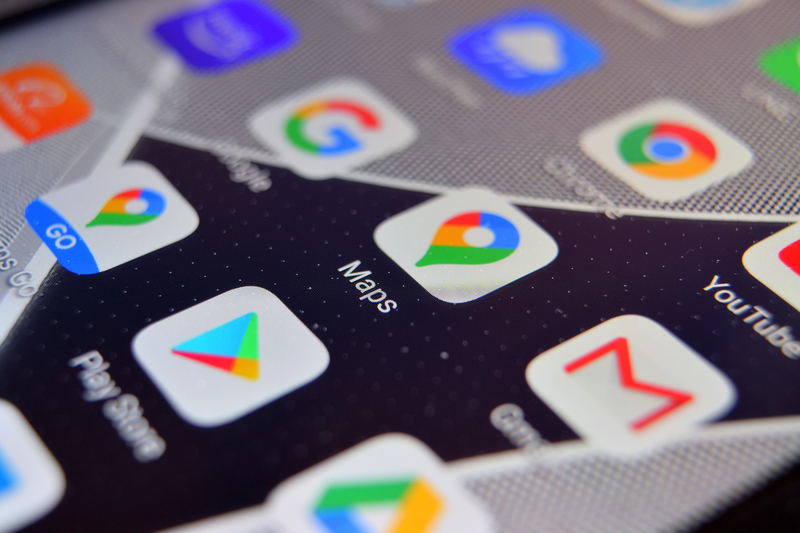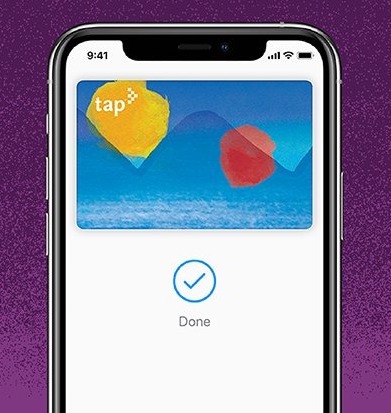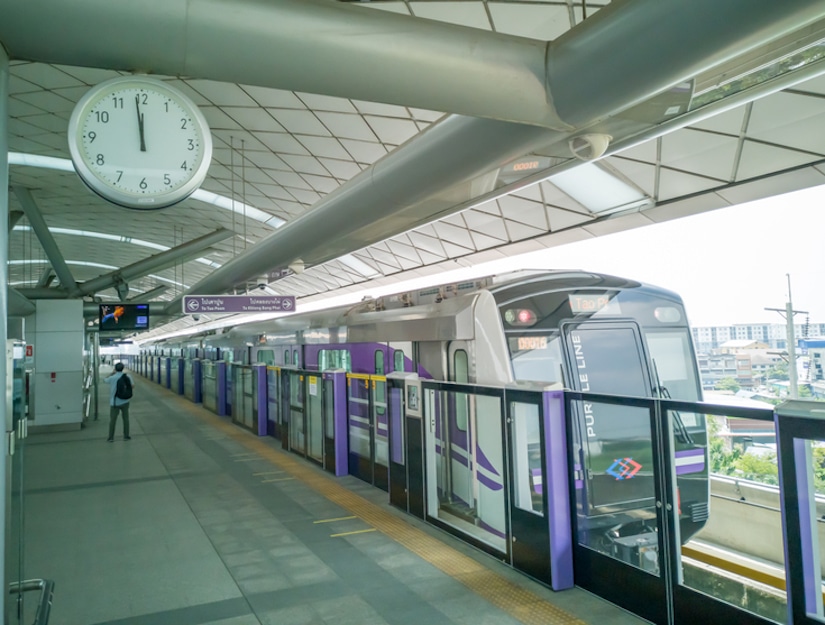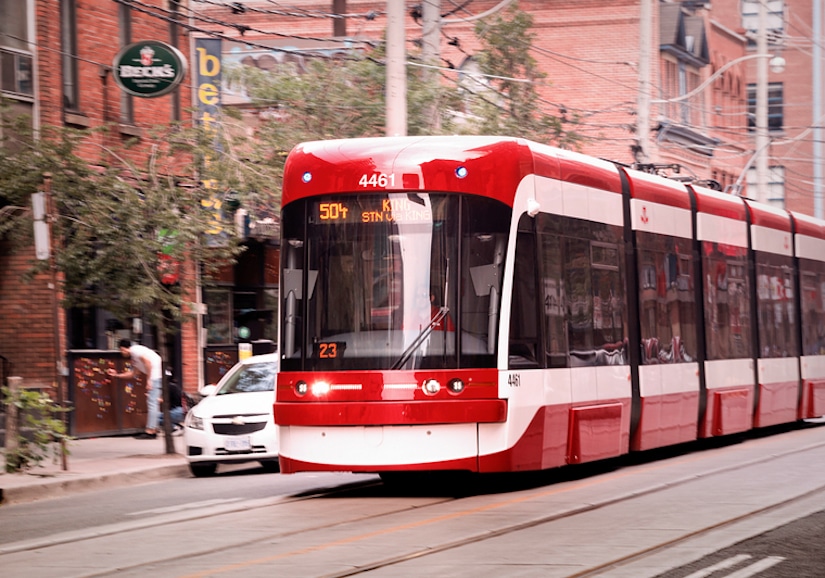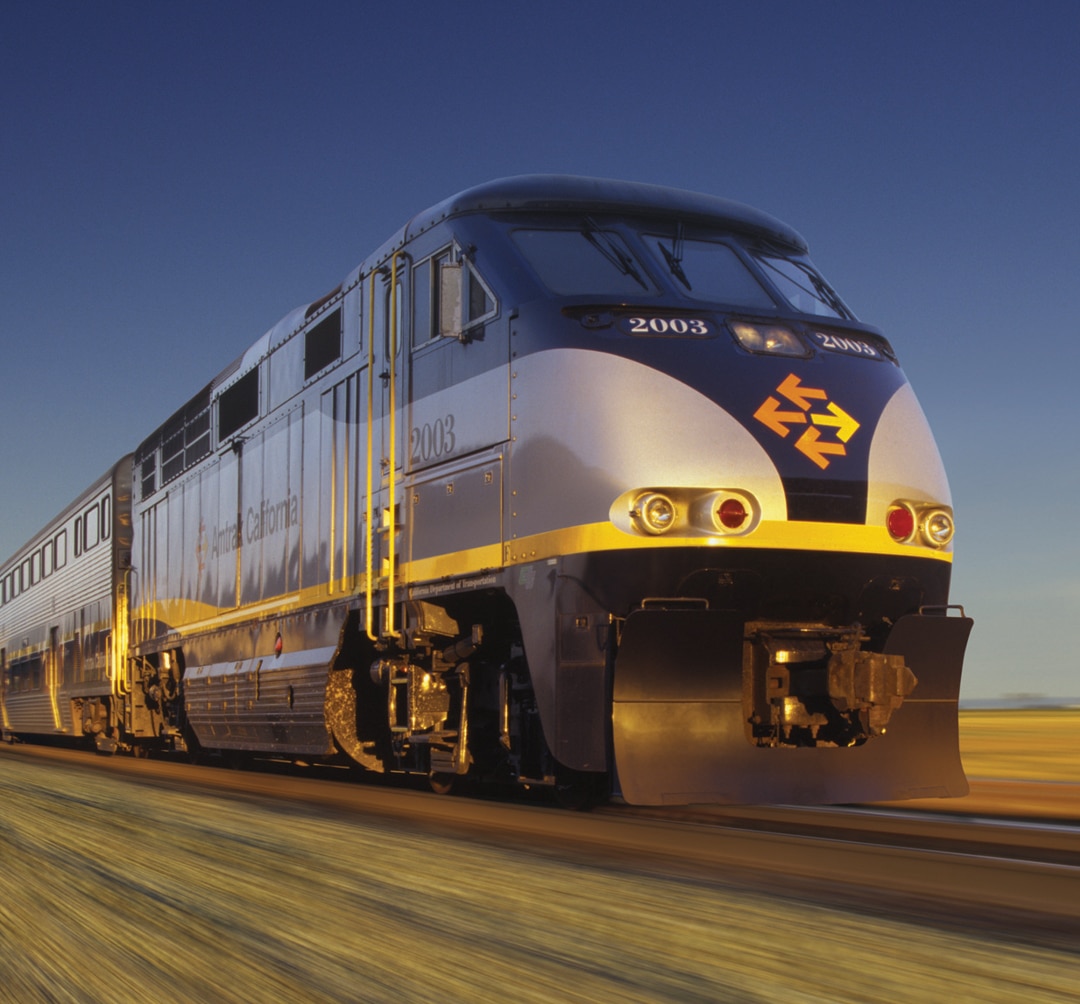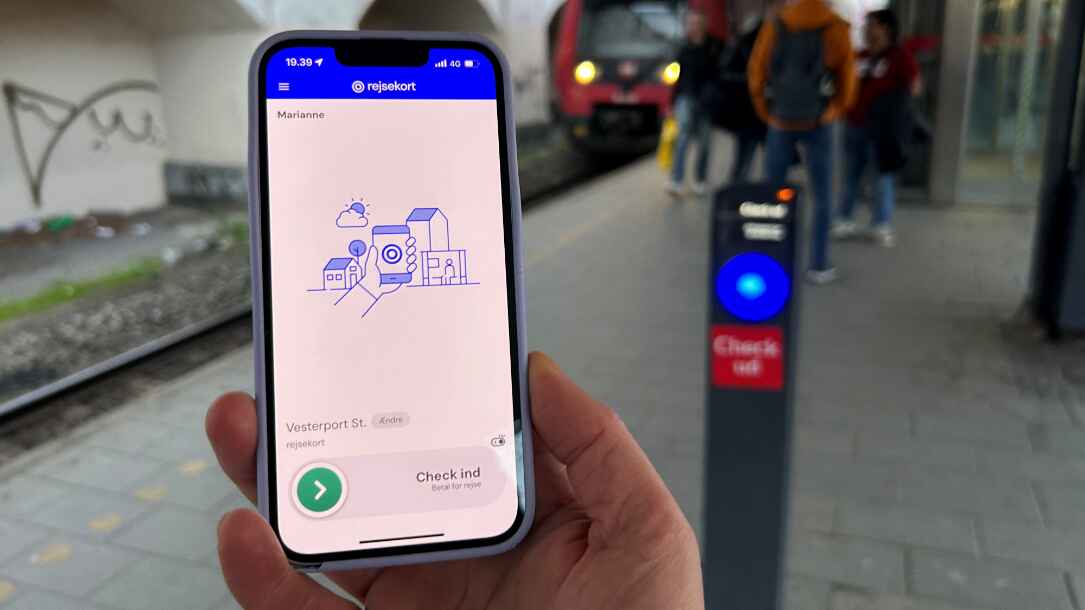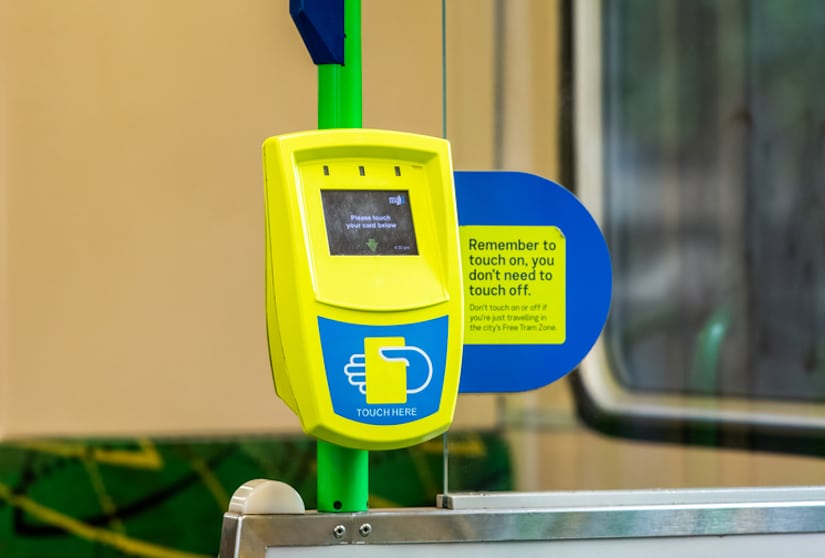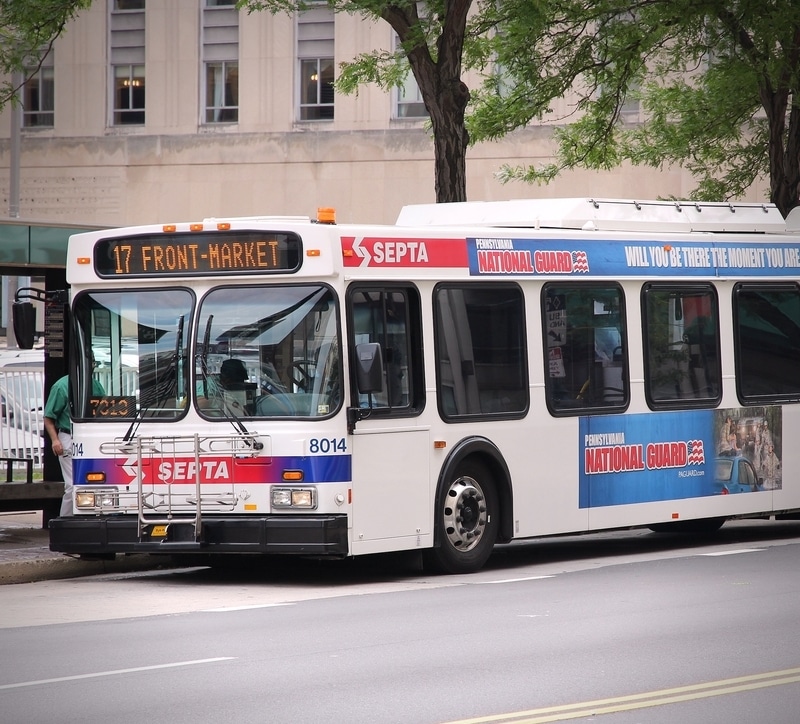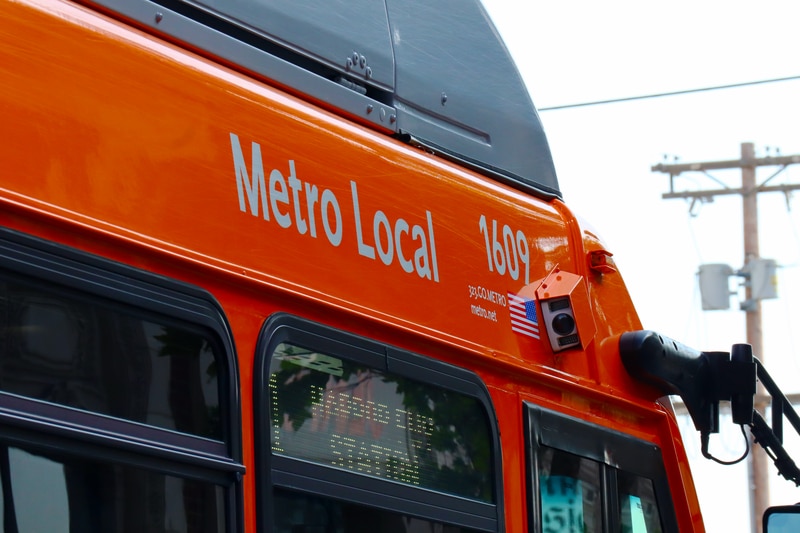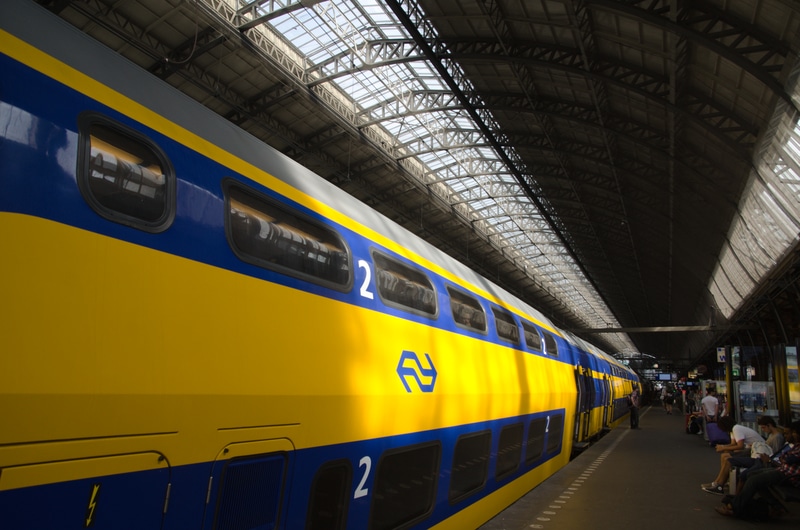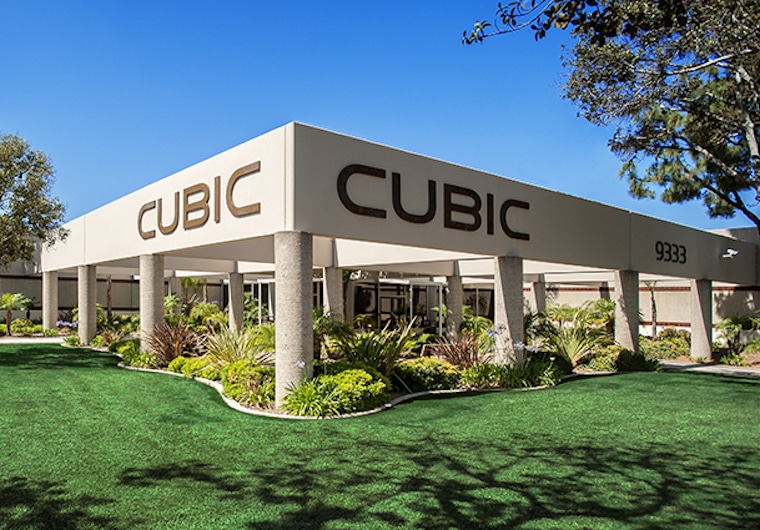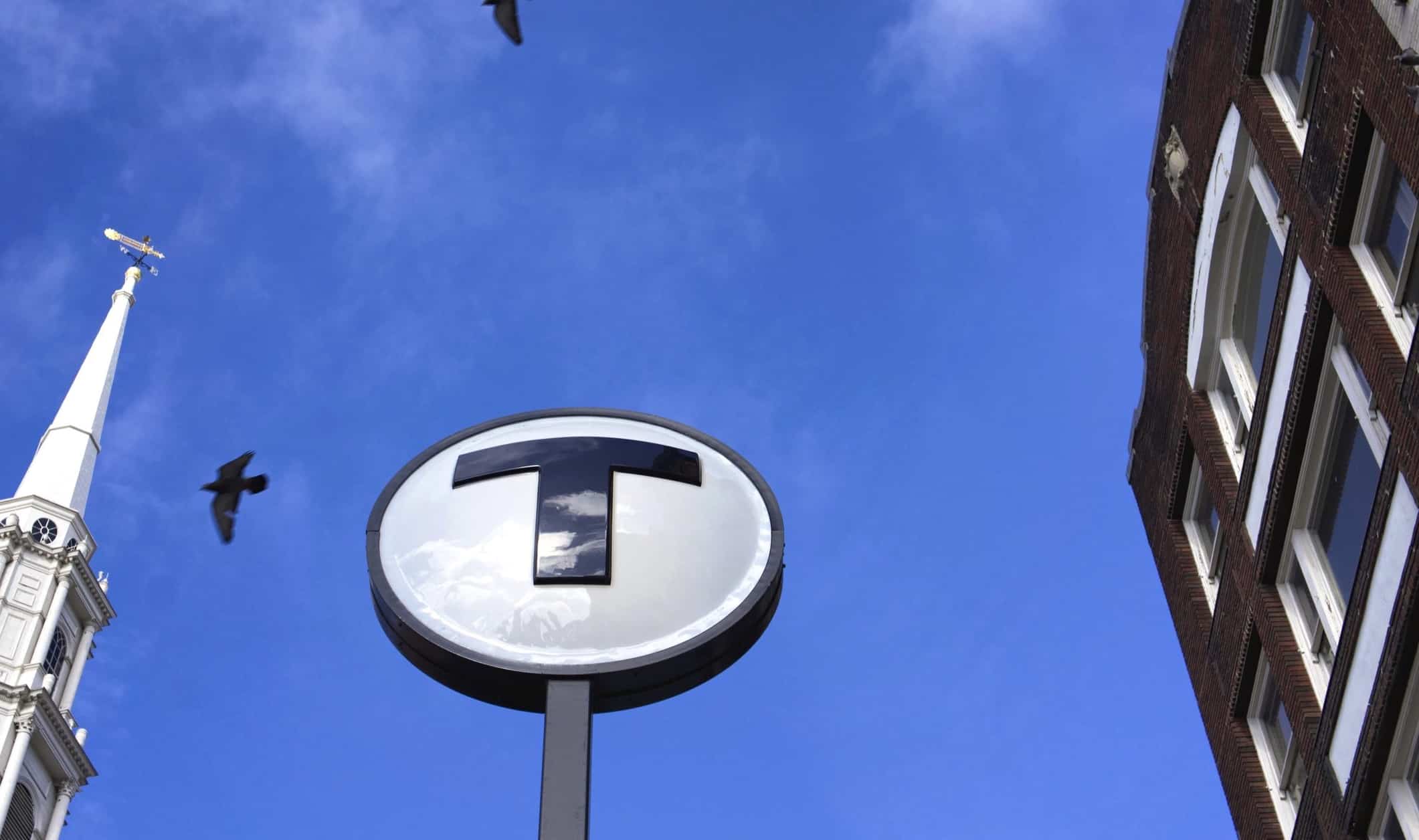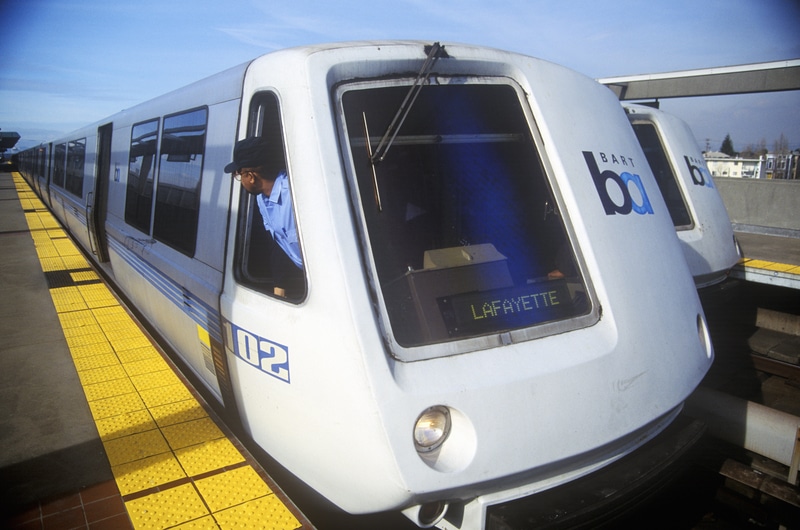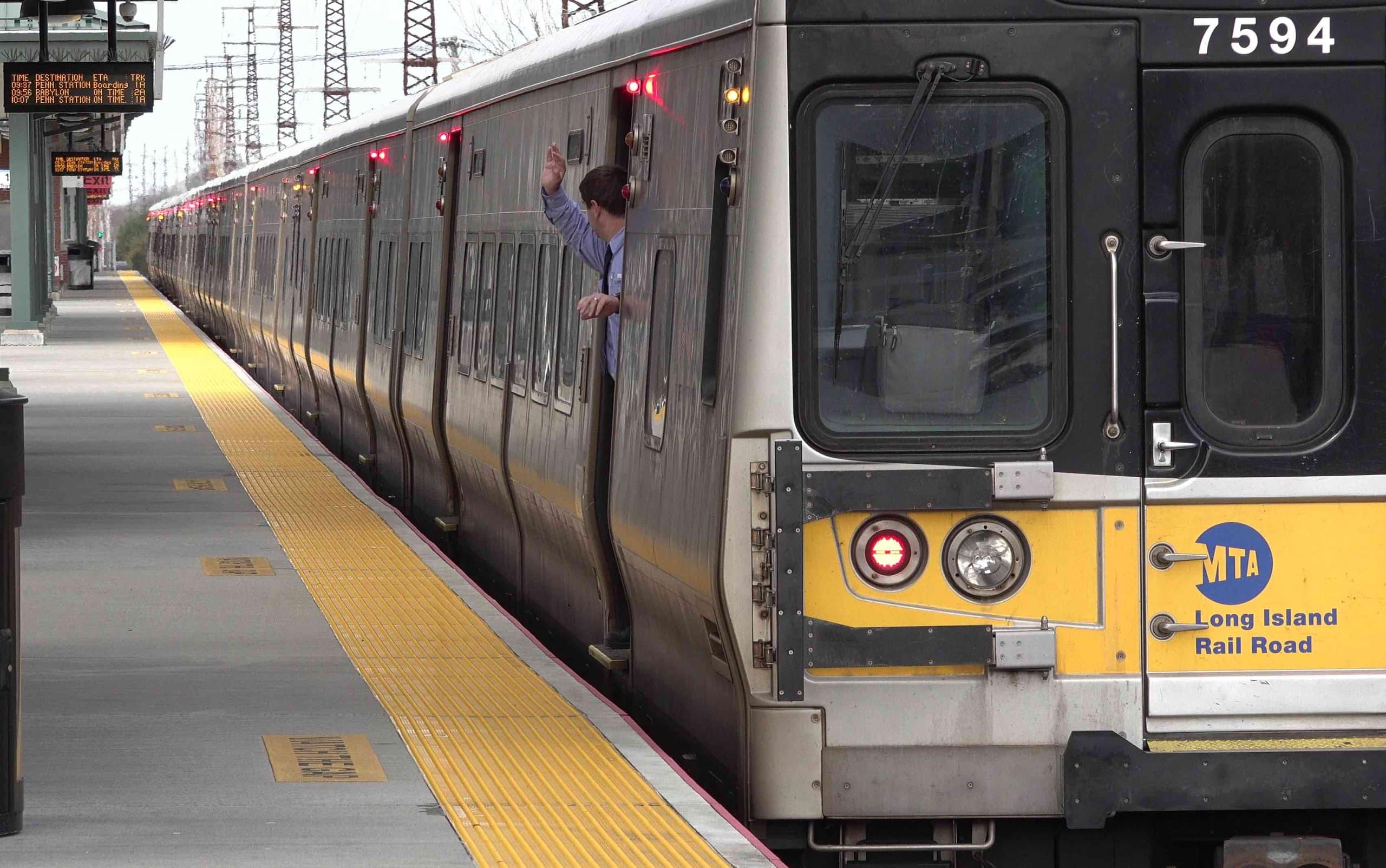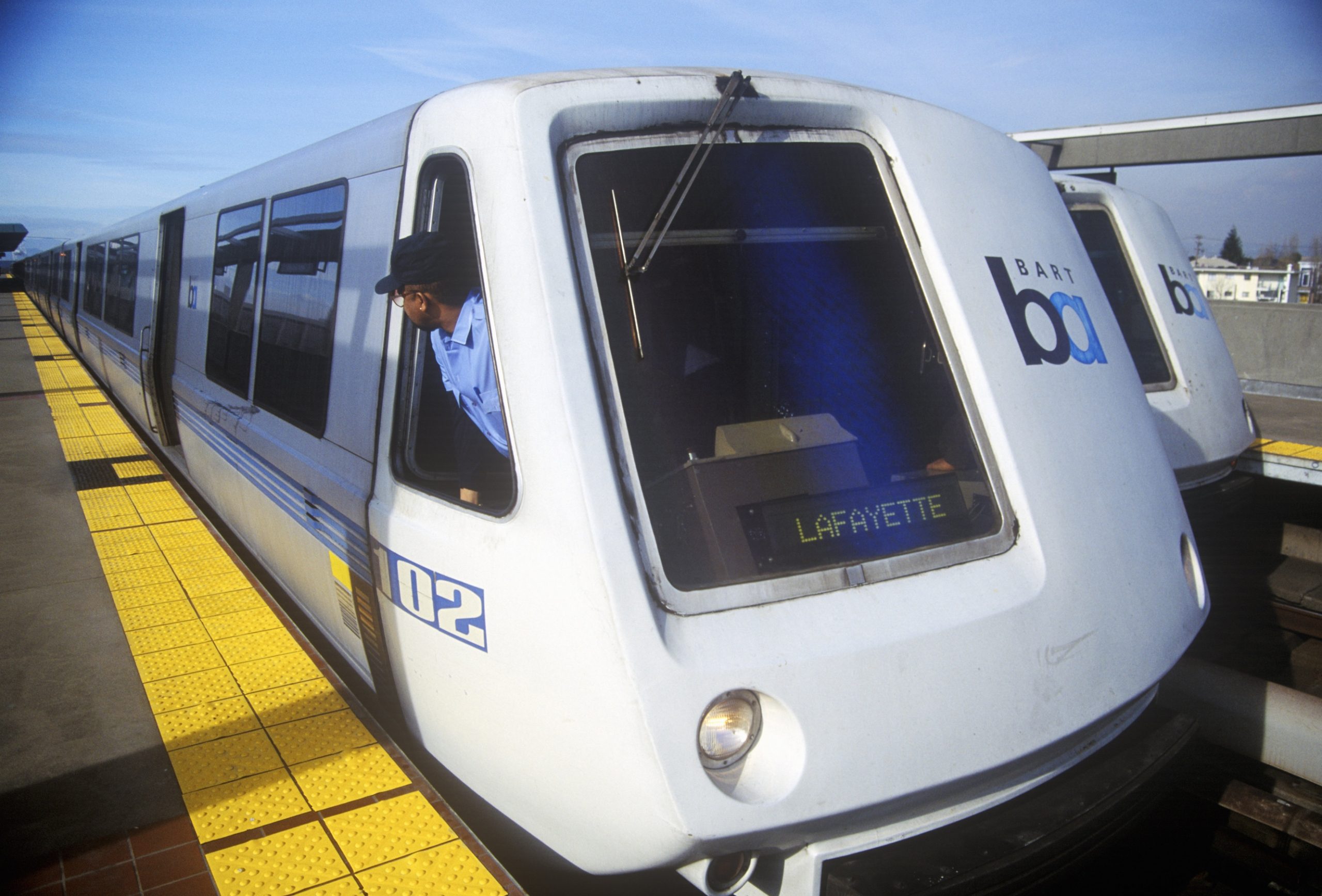
Article Highlights
Backers of NFC payments services, such as Apple, Google and Samsung have been increasingly interested in enabling closed-loop fare payments from their wallets. Google hopes its deal with large automated fare-collection vendor Cubic will help it meet that goal.
Google has already enabled closed-loop transit payments for a handful of mostly mid-tier and smaller cities, including in Melbourne, Australia; Birmingham and the West Midlands, in the UK; Portland, Ore., and Las Vegas in the U.S.; as well as with Suica cards that can be used to pay fares in Tokyo.
• Cubic Transportation Systems
• Google
• Metropolitan Transportation Commission
• NXP Semiconductors
In a move that could enable more large transit agencies to offer NFC mobile payments with their closed-loop transit cards, U.S.-based Cubic Transportation Systems has signed an agreement with Google to integrate contactless transit cards with Google Pay. Among the agencies planning to support the service are those serving Google’s home base in Silicon Valley and the San Francisco Bay Area, as well as the Metropolitan Transportation Authority in New York.







